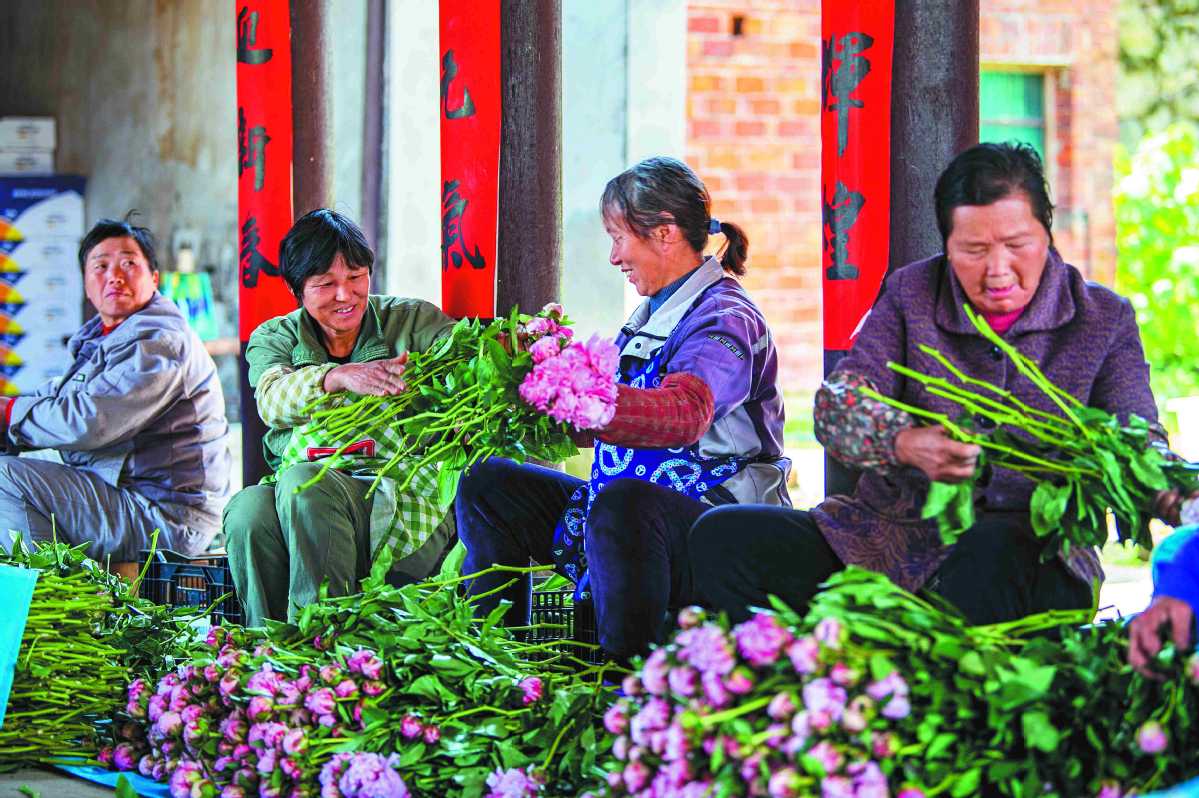Xi's initiative helping solve grassroots problems, address complaints


Important practice
Yu Zhaofei, dean of Hangzhou Normal University's Shen Junru Law School, said introducing the "Pujiang experience" was an important practice to achieve modern governance, which must be continuously improved to support China's development.
"As a country with a large population, China must find ways to solve social problems at the lowest cost, which can benefit the people and governments at all levels," Yu said.
He added that people in the West need to understand that many disputes and problems at grassroots level in China cannot be tackled by litigations, because they are often caused by different understandings of customs or traditions, which are highly valued by local communities, especially in rural areas.
As a result, numerous problems cannot be filed as court cases. And even if they can, many people may not be able to afford the cost of lawyers and time-consuming court hearings, which will result in social injustice that is often seen in the West. In view of this, China has created ways other than the legal system to resolve nonjudicial cases, including the petition system and introducing the "Pujiang experience", Yu said.
"Social issues in China need to be tackled with Chinese wisdom, and construction of the nation's social governance system must take the traditional and modern aspects of the country into consideration," Yu said. "Simply copying practices from the West won't work."
He added that by having officials from higher authorities who understand the law and government policies meet the people and act as mediators, many disputes can be resolved easily at grassroots level. More important, by working out solutions together, the public and officials become involved in social governance.
Many officials in Pujiang said each face-to-face session with local people is like taking part in a quiz, as they never know what kind of issues will be raised.
The officials always aim to help the people by providing solutions to their problems, whether they be disputes over the use of land, or complaints about the behavior of other villagers.
- More aftershocks expected following deadly Xizang earthquake
- HKSAR chief executive mourns victims of Xizang 6.8-magnitude quake
- Milestones in China's high-speed railway development
- All-China Women's Federation raises over 13 million yuan for quake relief in Xizang
- China's lithium reserves rank second in the world
- China Coast Guard patrols around Diaoyu Dao





































